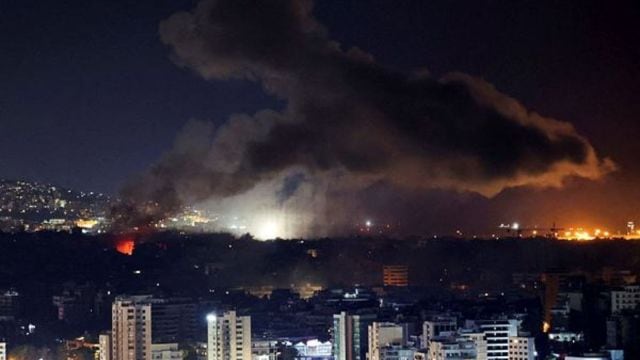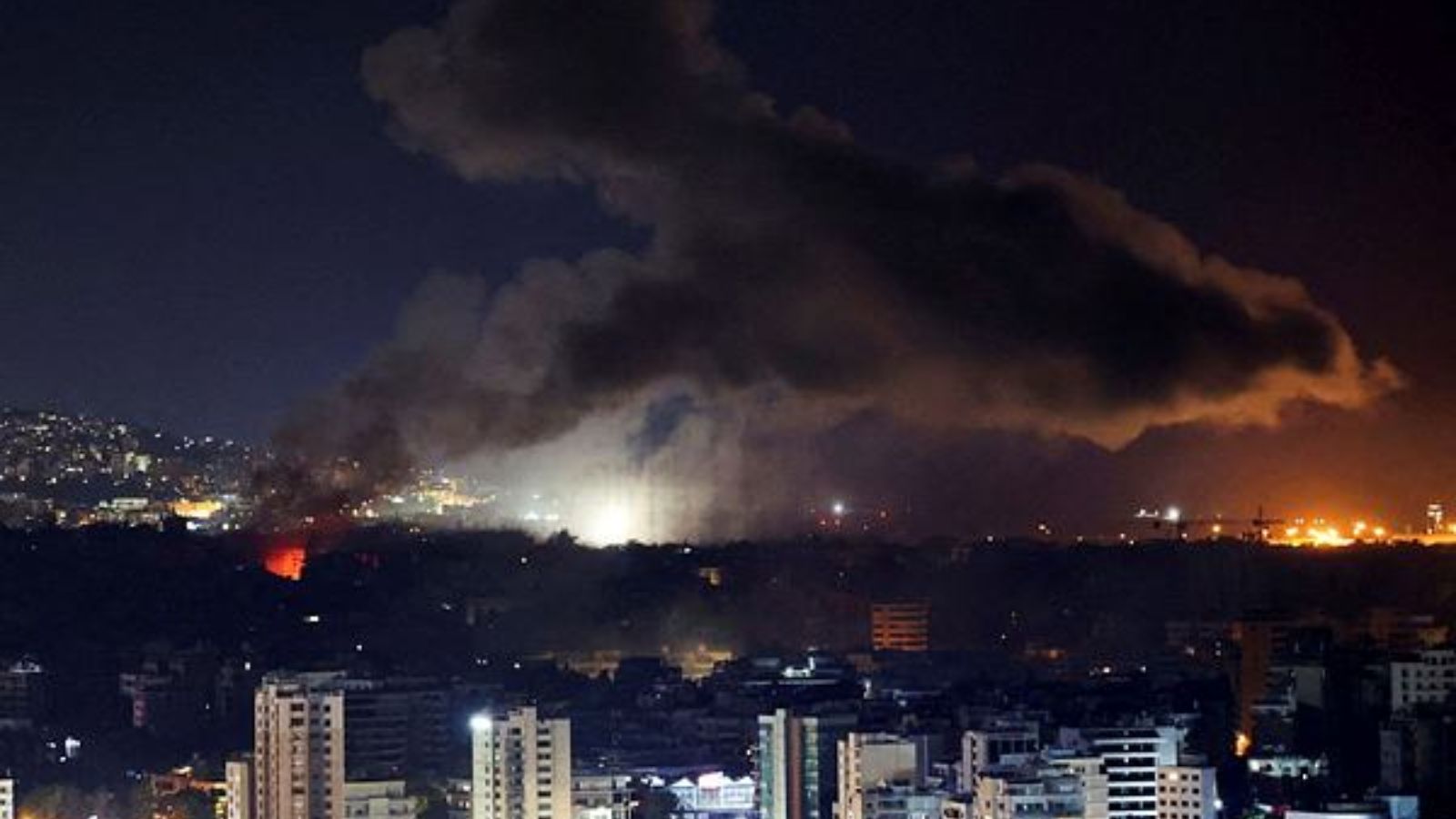
There are times in international politics, especially during wars, when countries gamble on assumptions that “the enemy” will collapse or blink first. Iran gambled that Israel, deeply divided internally for two years, would not be able to sustain a multifront war. Hamas attacked Israel on October 7 last year. A day later, Hezbollah opened the front in the north of Israel, declaring its support for Hamas. Hezbollah is not an independent actor or organic resistance movement. Israel’s military invasion of Lebanon in 1982 and later, the occupation of southern Lebanese territory until 2000, helped Hezbollah increase its appeal to an extent.
Iran created Hezbollah to spread the Shia revolution. Its Islamic Revolutionary Guard Corps mobilised the Shia population of Lebanon for the Shia cause. Anti-Zionism, anti-Israelism and even anti-Americanism are tools to hide Iran’s true agenda. Iranian clerics would, arguably, not wage war against Israel for the sake of the Sunni Palestinians. Iran has an ideological mindset driven by Shia Islam for millenarian goals. It works with grand strategic objectives, and real wars can be disastrous.
So, it has chosen to undertake a proxy war against Israel for decades. However, it seems to have erred in the last year in its brinkmanship with Hezbollah’s year-long rocket attacks on Israel. It was supposed to pin down Israel, and for months, Israel had little room or strategy to respond to Hezbollah. Israel failed to defeat Hamas and rescue its people from the Gaza tunnels, yet it did not collapse. Political leaders like Benjamin Netanyahu have not helped Israel recover from infighting, which has eroded national unity for a long time. However, the Israeli army has remained a resilient force and a united front. Taking its time, it has been decisive and taken swift actions to cripple Hezbollah by blowing up pagers and walkie-talkies in the hands of its fighters and then assassinating top commanders and leaders, including Hassan Nasrallah, in less than a month. Iran might not have anticipated any of this.
Iran has also trapped itself in such a manner that it cannot afford to counterattack. While it may have hoped to drag Israel into waging a war it cannot win, it’s now Iran that doesn’t seem to have a way out of the situation. The latest Iranian attack was deliberately limited like the last one in April when all its long-range missiles and drones launched directly at Israel were intercepted. A quick disclaimer was also provided then, as it has been now, that Iran has concluded its revenge. The most recent attack, however, has given Netanyahu an excuse to continue the war.
Netanyahu, with his Machiavellian sensibility, seems to think offence is the best way to defend Israel’s future, and war is not an anomaly but a fait accompli. In his latest speeches, he has termed Iran as the fulcrum of instability and conflicts in the region. In fact, over the last decade, he made his political fortunes among Israelis by declaring the Iranian nuclear mission a threat to Israel’s security. Will he exploit this moment to attack Iranian nuclear sites? Can the US support such an idea since Israel cannot attack or defend itself without constant military supplies from America?
Iran’s brinkmanship has brought trouble for itself and its proxies but it has succeeded in creating plenty of disruptions in the region. Israel will remain trapped in a multifront war facing tremendous political and diplomatic pressures for a ceasefire. Israel’s regional integration and historical diplomatic breakthrough with Saudi Arabia is all but void. The Gulf monarchies and many others like the US and India were optimistic about a new Middle East following the Abraham Accords, groupings such as I2U2 and projects like the India-Middle East-Economic-Corridor. Now, these are at a standstill. Iran has also created space for America’s rivals like Russia and China to step into the region’s politics. Hezbollah-Iran went for a fantasy. Brinkmanship yields little more than chaos and warmongering. Unfortunately, it is the people of Lebanon and Iran that may end up suffering for the strategies of the Ayatollahs.
The writer is professor and director, Centre for Israel Studies, Jindal School of International Affairs, O P Jindal Global University, Sonipat
© The Indian Express Pvt Ltd
First uploaded on: 03-10-2024 at 17:14 IST



